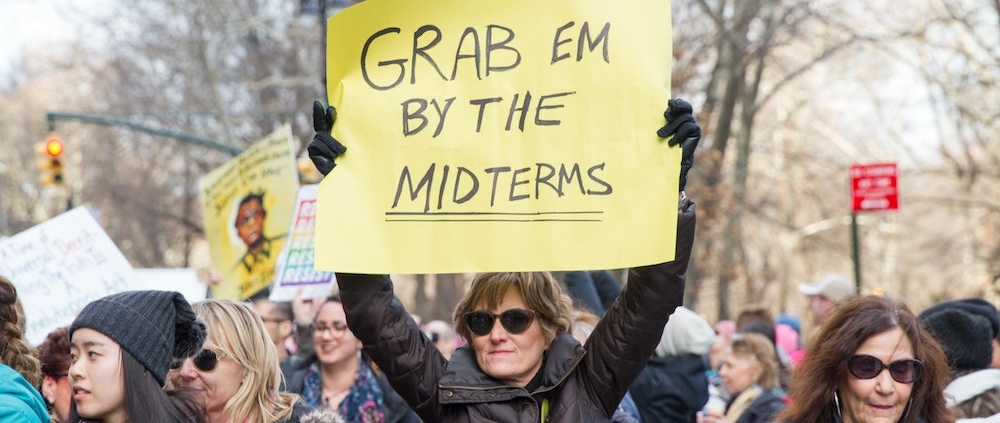The Old Synagogue stood on Rosenstrasse, at the edge of the oldest part of Berlin. A small park and quaint buildings form a typical Berlin thoroughfare. Here, on February 28, 1943, an unprecedented demonstration began. The Aryan wives of Jewish husbands protested to prevent the deportation of their husbands.
Such protests were not only illegal but quite dangerous. Dozens of Jewish men were detained in a final Nazi attempt to clear Berlin of all Jews. After a week of protests, dozens were released from custody before being sent to certain death at Auschwitz.
These women are remembered in a 2003 movie for their heroism. There is a memorial on Rosenstrasse dedicated to these protestors. But I wonder if the world should celebrate these women. By definition, speaking truth to power is not merely calling out a government for a slight or setback. Speaking truth to power implies a moral or ethical motivation to benefit a greater good. The women of Rosenstrasse were brave, perhaps courageous, but their efforts were limited to their own self-interests. Never had there been any such demonstrations for the other 55,000 Jews deported from Berlin by the Nazis.
In Torah, we learn about speaking back to those who are powerful. Balak, King of the Moabites, summoned the prophet Balaam to come from Mesopotamia to curse the Hebrews. Three noteworthy conversations take place. In the first, Balaam seeks God’s approval but misunderstands the reply. In the second, Balaam is embarrassed by his talking donkey, who calls out his master for being an “ass.” In the third conversation, Balaam is forced to confront Balak’s frustration and wrath. Balaam tries to explain that he is only able to speak the words fashioned in his mouth by God. Instead of curses, Balaam blesses the people.
Each of these conversations is a way of addressing authority – between a prophet and God, between a donkey and its rider, and between a servant and his royal master. Only when Balaam reveals God’s honest truth to Balaak is he speaking truth to power. His words honor God.
Speaking truth to power became a fashionable phrase among progressive groups in America. With moral certainty, protesters object to war, injustice, and discrimination. The history of free speech reaches far beyond these holy pursuits. Americans have a certain enthusiasm for degrading those in power. Today many people delight in the upstart or firebrand who speaks as a victim but is really a bully. Ultimately, we may have lost the distinction between the holy act of speaking truth to power and merely speaking out.
In the most recent hearings of the January 6 Committee, administration insiders have come forward to speak of their last-ditch efforts to curtail a violent overthrow of the United States. We applaud their willingness to speak out. Yet, I worry that we give them too much credit. These newly designated heroes waited far too long before standing up for our nation. Perhaps their last-ditch efforts were as much for their own self-interests as it was for our nation.
It takes courage to speak out publicly. The act of protesting to the leader or president is what makes a person seem heroic. As Jews, it is not sufficient to be heroic. Rather our tradition asks that we be ongoing spokespeople for what is moral and ethical. Pursuing our self-interests is not sufficient. The perilous times we live in demand that call out injustice as a practice or prayer, for the sake of peace, for the sake of our democracy.
Rabbi Evan J. Krame





 Evan J. Krame was ordained as a rabbi by the
Evan J. Krame was ordained as a rabbi by the